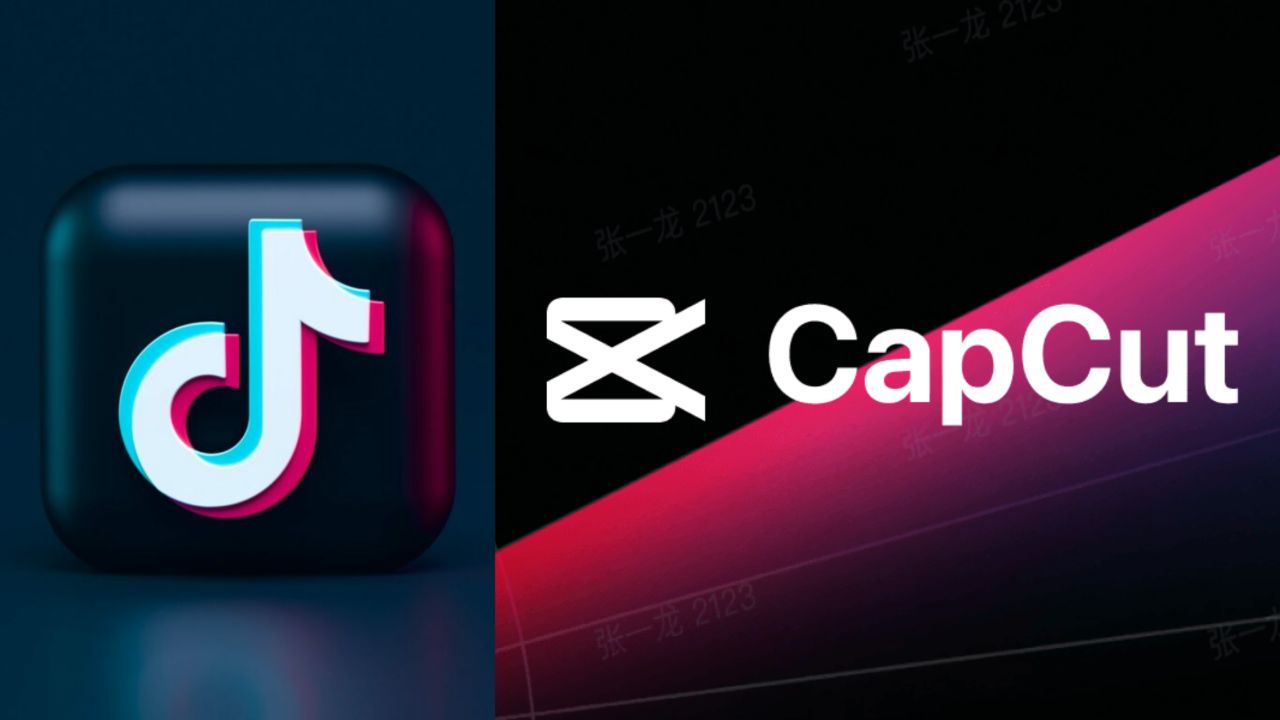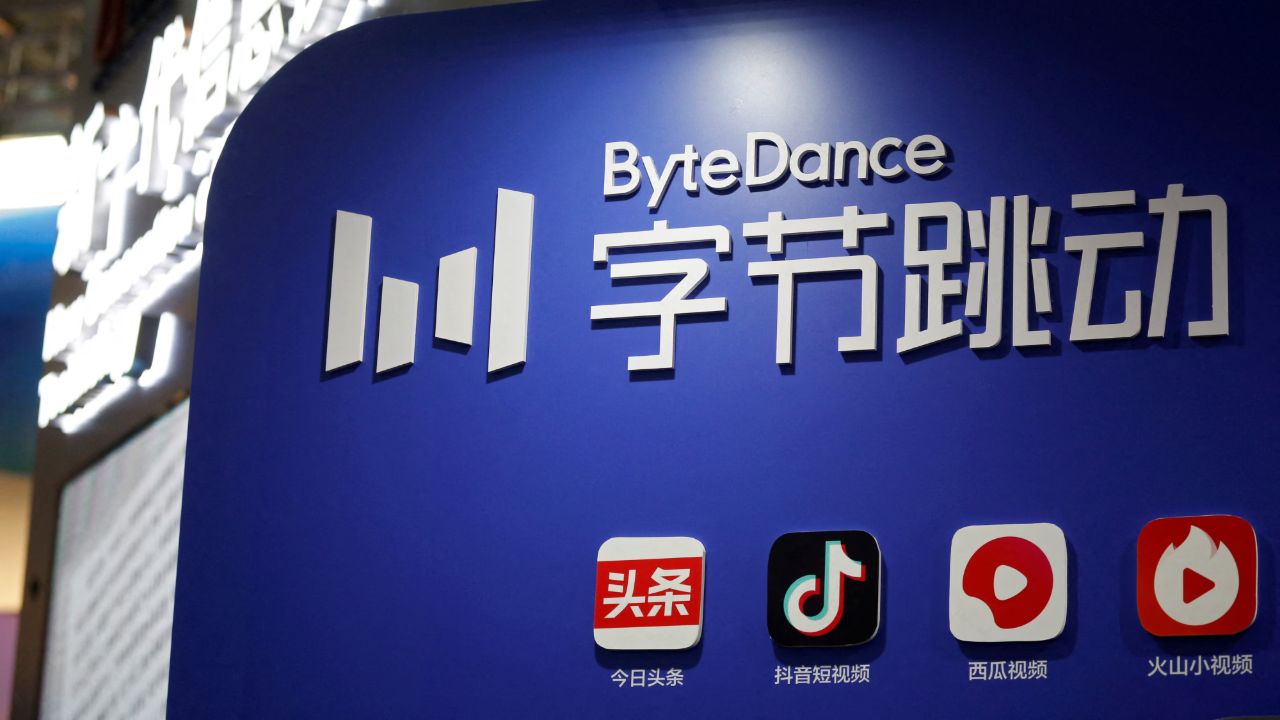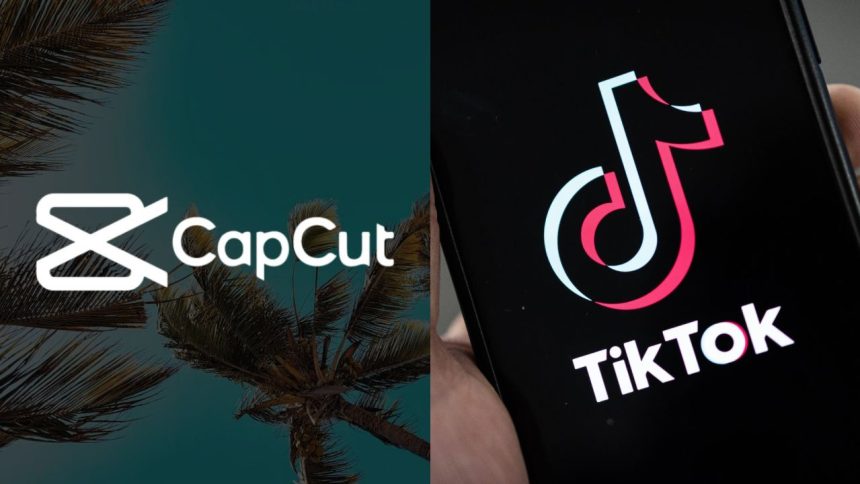The countdown to January 19, 2025, looms like a storm cloud for TikTok users in the U.S., as the popular app faces an imminent federal ban. Signed into law back in April 2024, the Protecting Americans From Foreign Adversary Controlled Applications Act has sparked outrage, concern, and confusion across the digital creator landscape. What many didn’t immediately grasp, though, is how far the act’s reach extends. CapCut, the beloved video editing app with a staggering 200 million users worldwide, might also vanish into the digital void alongside its bigger sibling, TikTok. This isn’t just speculation—it’s written into the same legislation, and the ramifications are massive. If you’re looking for a legal workaround to bypass the ban, check out the steps here.
Why Is Capcut Getting Banned in the U.S.? The Video Editing App Will Cease to Exist Alongside TikTok in 2025
CapCut, the popular video editing app owned by ByteDance, is getting banned alongside TikTok in the U.S. starting January 19, 2025. The ban stems from the 2024 Protecting Americans From Foreign Adversary Controlled Applications Act, which targets ByteDance-owned apps over national security concerns. Creators relying on CapCut for short-form video editing will need to find alternatives as the app becomes unavailable in the U.S.

CapCut isn’t just any video editing app. Since its global debut in 2020, it’s become the go-to tool for anyone creating content for TikTok, Instagram Reels, or YouTube Shorts. ByteDance, the Chinese tech powerhouse behind TikTok, owns CapCut, and that’s precisely the problem. The act specifically targets apps developed or controlled by ByteDance, meaning CapCut is caught in the crossfire.
While TikTok’s massive user base of 150 million Americans has stolen the headlines, the loss of CapCut could be just as devastating for the creator economy. With its user-friendly interface, built-in templates, automatic color correction, and even advanced features like background removal, CapCut has democratized video editing. It lets a teenager with a smartphone produce content that looks like it came from a professional studio—no expensive software or steep learning curves required.
So what happens if CapCut disappears? Well, technically, it won’t vanish from your phone the moment the ban takes effect. The app will simply stop being available in U.S. app stores. Over time, though, updates will cease, bugs will proliferate, and eventually, the app will become a digital relic, too clunky and outdated to function effectively. It’s a slow death by obsolescence, and it’s not just CapCut that’s on the chopping block. Lemon8, ByteDance’s Instagram-like lifestyle platform, and Hypic, an AI-powered photo editing app, are also set to be delisted. While these apps don’t have CapCut’s ubiquity, their removal will still be felt by the niche communities they’ve cultivated.
Creating ads for your brand just got easier 🎉 CapCut for Business is here with all the tools you need to take your ads to the next level!
Check it out now in the CapCut App! #capcutforbusiness pic.twitter.com/xocoegUhuX
— CapCut (@capcutapp) October 16, 2023
For many creators, the thought of losing CapCut is almost unthinkable. Professional alternatives like Adobe Premiere Pro and Final Cut Pro might offer more features, but they’re also notoriously complex, expensive, and ill-suited to the quick-turnaround demands of short-form video. CapCut bridged that gap, providing powerful tools in a free, mobile-friendly package. Its templates even mirror TikTok trends, making it an essential part of the creative process for many influencers and small businesses. Losing the app could mean not just a shift in how videos are made but a transformation of the visual style of content across platforms.
The federal government, however, sees this as a necessary move to safeguard national security. ByteDance, being a Chinese company, has long been accused of being a potential conduit for Beijing to access American data. The Protecting Americans Act was born from these fears, aiming to sever ties between Chinese tech firms and the U.S. market. While the focus has been on TikTok, the inclusion of CapCut and other ByteDance subsidiaries accentuates just how sweeping the act is. It’s a clear message: any app with ties to ByteDance is considered a risk.
There’s still a glimmer of hope, albeit a faint one. ByteDance could sell CapCut to a U.S.-based company, severing the Chinese connection and potentially allowing the app to remain operational. But such a sale is easier said than done. Finding a buyer willing to invest in a tech property under such heavy scrutiny is a tall order, and no major offers have emerged for either TikTok or CapCut, although MrBeast has expressed his intention to make an offer. The Supreme Court, meanwhile, doesn’t seem inclined to intervene. Oral arguments have revealed skepticism toward TikTok’s case, leaving many to conclude that the federal government’s position will stand.

Adding another twist to this saga is the incoming administration. If the Trump administration takes office later this month, there’s a possibility that the enforcement of the act could shift. However, relying on political winds to save the app is a gamble at best. The fate of CapCut, TikTok, and the other apps in ByteDance’s portfolio remains precariously balanced on a knife’s edge.
As the January 19 deadline approaches, creators are bracing for impact. The ban threatens to disrupt their workflows, forcing them to explore alternatives that may not match CapCut’s simplicity or functionality. It’s not just about convenience, either; for many, this app has been a launchpad for their careers. Its loss could mean more than just a technological inconvenience—it could mean the end of an era in content creation.
The broader implications of this ban extend beyond individual apps or creators. It signals a new chapter in the ongoing tech Cold War between the U.S. and China, with ordinary users caught in the crossfire. For now, all eyes are on ByteDance, the courts, and Capitol Hill, as the clock ticks down toward a seismic shift in the digital landscape.



